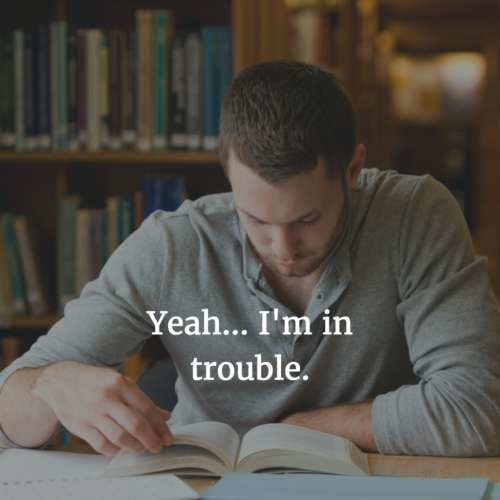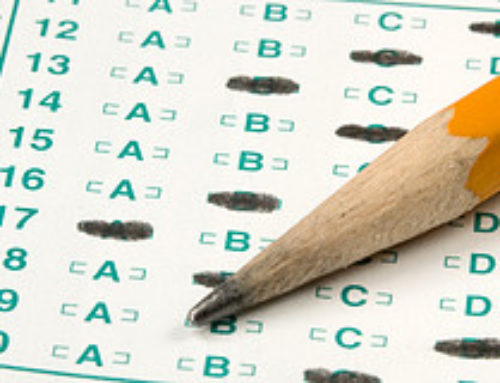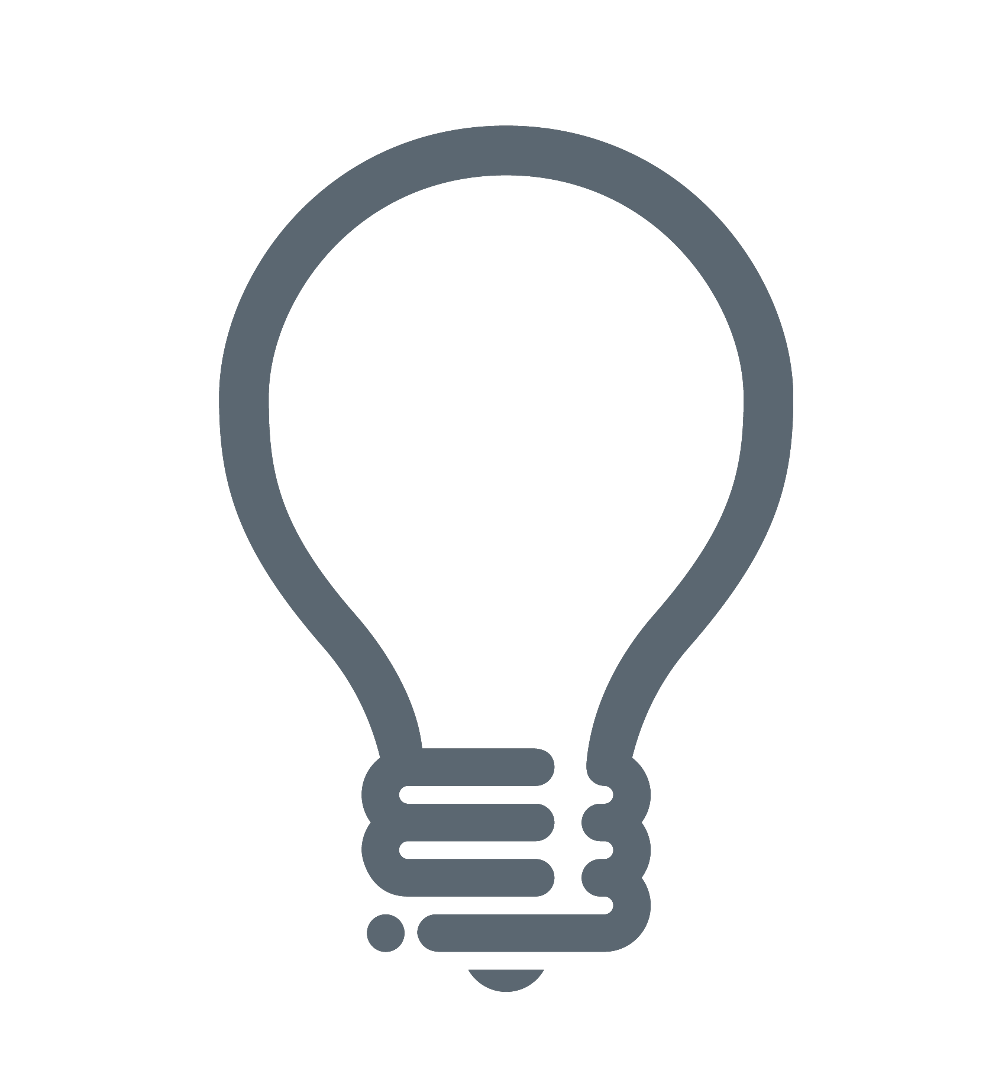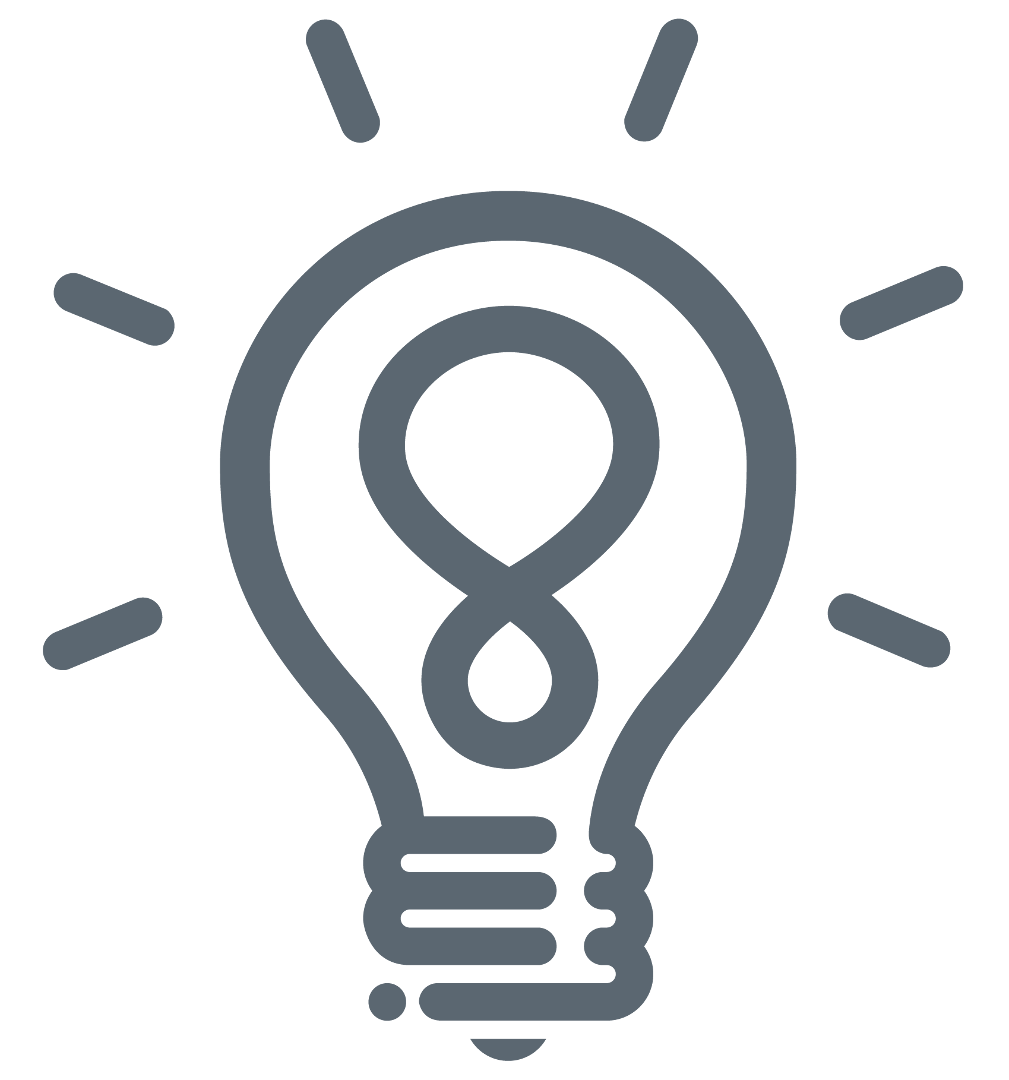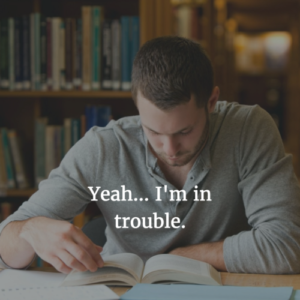
How to study for a test: There’s more to it than you might think.
How to Study for a Test
It’s nearing the end of the semester and every college student knows what that means…FINALS! You may think you know how to study for a test, but there’s more to it than you realize. Studying for any test is no easy task! Doing well on an exam requires a lot of time, preparation, and strategy. Believe it or not, there is a method to the madness that is studying for a test. Allow us to walk you through it.
Before Studying for Your Test:
Attend Class
When discussing how to study for a test, we have to start with the most basic part of going to school. Students who regularly attend class get higher test scores and are more likely to receive a passing grade (shocking, right?). Your professor provides valuable information to the lesson and can also explain challenging concepts more effectively than your textbook can. If your attendance hasn’t been the greatest so far this semester, don’t throw in the towel. Make an effort to get to class these last couple of weeks. Chances are your professor will conduct some form of in-class test review. Going to class can be a valuable opportunity to clarify anything you may not have completely understood earlier in the semester.
Gather Your Study Materials
Before you begin studying make sure you have all of the appropriate study materials. Taking good notes throughout the semester can make studying for your tests way easier! While you take notes in class, it helps to write down a personal connection or a trick you can use to relate the concept to an event in your life. Forming these personal connections will increase your memory and understanding of the concepts. Note cards are also an excellent study tool. As you read through your textbook before class, make note cards that include key information from the chapter. You can then use these note cards to quiz yourself as you study for your test.
While Studying Your Test:
Study in Short Bursts
Those three-hour long study sessions might actually be doing you more harm than good. The brain tends to remember “firsts” and “lasts.” For example, let’s say a set of twenty different numbers was read off to you in a random order. If you were then asked to repeat those numbers, you would most likely remember the first few numbers and the last few numbers. Most people will have a difficult time remembering the numbers that fell in the middle. This also explains why long study sessions are ineffective. The material you study towards the middle of your session is forgotten much easier. The brain needs intervals and repetition to learn new material. Study in several short bursts in order to save time and create multiple “firsts” and “lasts” for your brain. The more “firsts” and “lasts” you can create for yourself, the better you’ll be able to remember key information when it comes time to take your exam.
- A one-hour study session yields 2 “firsts” and “lasts.”
- This study session is least effective.
- Six, 10-minute study sessions yield 12 “firsts and lasts.”
- This study session is slightly more effective.
- Twelve, 10-minute study sessions yield 24 “firsts and lasts.”
- This study session is most effective.
Increase Your Memory
A stronger memory will result in more successful studying and higher test scores. A key to increasing your memory is to engage multiple areas of your brain while you read and study. Utilizing multiple areas of your brain will result in better recall and memory. However, most people tend to only utilize one small section of the brain known as Broca’s Area for processing language and auditory stimuli. Regularly using a brain training tool like eyeQ can help you learn to engage multiple areas of your brain. The eyeQ program increases brain activity while users read by as much as 1500%. In short, this means that the program retrains your brain and allows it to utilize multiple parts of your brain, including areas responsible for reason, conceptual learning, and memory.
Study According to Your Biological Clock
No one performs or functions at their best at all hours of the day. Some of us may be early birds whereas others may be night owls. It’s important to know what time of the day you are most awake, alert, and productive. Once you have determined your best study time, take advantage of it! Try to get the majority of your studying done during your best time of day.
The Night Before Your Test:
Avoid Cramming
College students are notorious for pulling all-nighters before a big test in an attempt to learn an entire semester’s worth of material in one night. Not only is this extremely stressful, but it is very ineffective. Your brain needs a rest from all of the studying. It’s too late for you to adequately learn new information that you will be able to use in the exam. Instead, clear your mind, and do a simple review of key concepts. You’ll find that relaxing your brain and clearing your mind before an exam will dramatically improve your performance.
Get Some Sleep
Don’t underestimate the power of a good night’s rest! No student should sacrifice sleep for extra study time. Sleep rejuvenates the body. It alleviates stress and allows the brain to process all the thoughts and pressures of the previous day. With proper sleep, the brain is more capable of making decisions. Try to aim for 6-8 hours of sleep the night before your test.
The Morning of Your Test:
Eat a Healthy Breakfast
Give your brain and your body the fuel it needs to power through your test. Start the morning of your test off with a well-balanced breakfast. Include a breakfast that consists of protein, complex carbohydrates, and vitamins for better brain function and test performance. Consider including blueberries in your breakfast. Blueberries are a “brain food.” They have loads of nutrients and have been linked to improved memory.
Wake Your Brain Up
Give your brain a quick warm up before you take your test. Warming it up before a test will activate the critical areas of your brain responsible for memory, reading, and reason. With these parts of your brain active before you go into your exam, you’ll be better able to read the material and process the information necessary to ace the exam. Completing an eyeQ session is an excellent way to wake your brain up and get it functioning at peak capacity.
Believe In Yourself
Ultimately the most powerful things you can do to prepare for your test is to believe in yourself. It sounds cliche, but having confidence and a positive attitude makes a huge difference in your test performance. If you tell yourself “there’s no way I’m going to pass,” you won’t. Say a few positive affirmations to yourself before you sit down to take your exam. The key to successful affirmations is to make them both positive and present tense. Say something like “I passed my test,” or “I know the correct answers.” Being prepared mentally will prevent you from making silly mistakes on your test.
Source Credit:
“Where There’s a Will there’s an A” Dr. Claude Olney
Our blog, “Final Exam Checklist: Five Simple Steps to Acing Your Finals”

